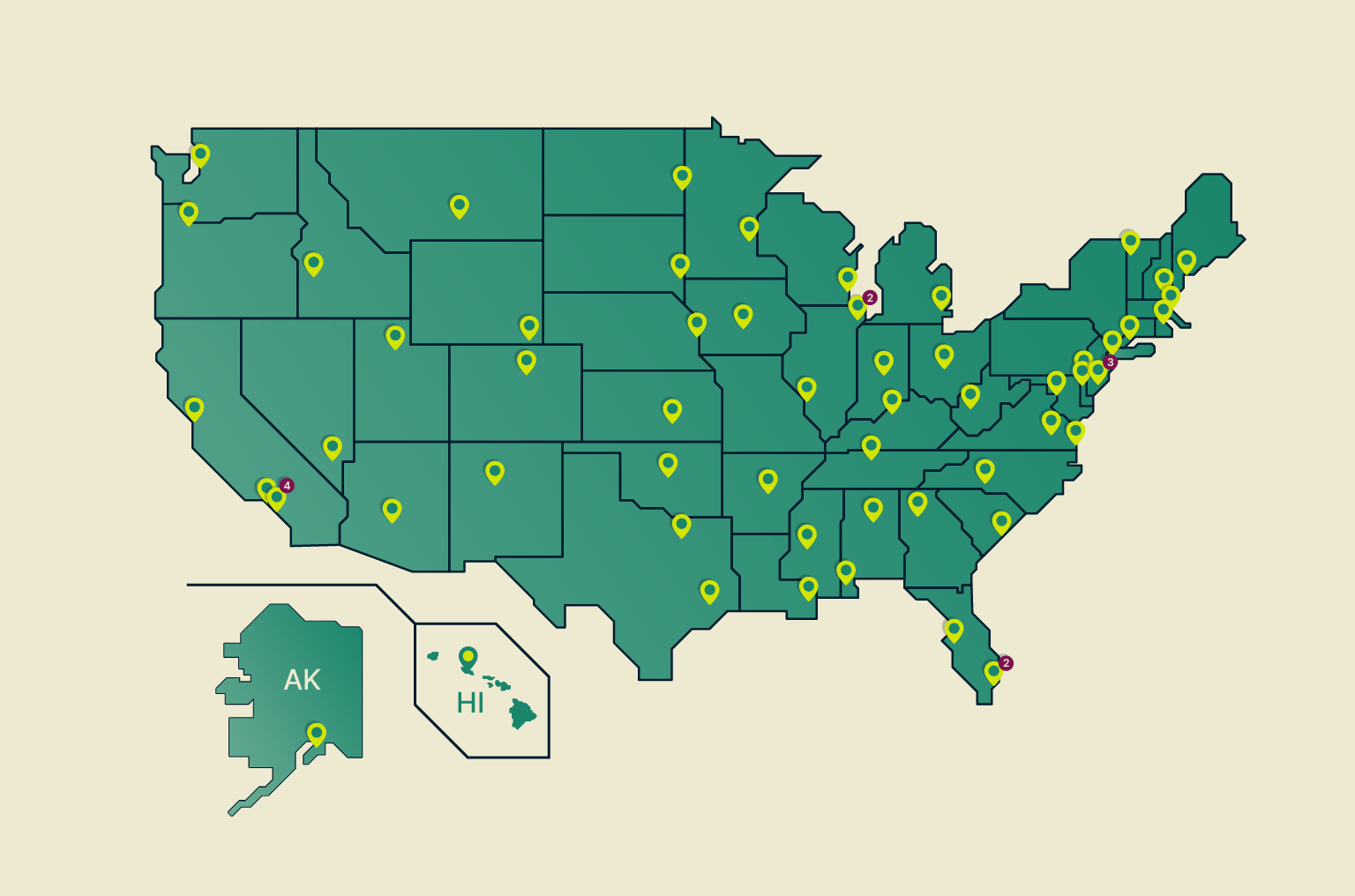
Google Used Honeypot Tracking for Upcoming Chinese Search Engine
- Google was recently reported to be in talks with Chinese officials for a new search engine that will abide by local censorship regulations.
- According to the latest media reports, Google has been using 265.com as a honeypot for tracking usage of banned words and collect information.
- Google did not make an official statement about its data collection procedures citing company policies that are against discussing speculations.
With the Chinese market banning the use of Google, it is one of the largest untapped markets for the tech giant. Recent reports revealed that the company’s CEO Sundar Pichai and a Chinese government official have been in talks about developing a censored search engine, to abide by Chinese censorship rules.
Internal documents were obtained by The Intercept recently which revealed Google has been using a honeypot to help blacklist banned search terms in China. The honeypot was set up using 265.com, search and information portal that the tech giant acquired back in 2008. Google has been using a new ‘BeaconTower’ tool that helps the company run search queries against Chinese search engine Baidu to check what terms are censored by the government. If the search terms return as censored, Google excludes them from the prototype search engine that is being developed.
Google has not revealed details about the upcoming search engine and has refused to discuss ‘Project Dragonfly’ citing company policies. If the recent speculations about the company using honeypot techniques to track data are true, it means that the company has been eyeing the Chinese market for a long time.
The new search engine went into full-fledged development in Spring 2017 and is due for release early next year. Google’s Chinese search tool will be limited to Android users only at launch. Similar to other search engines that are legally approved in China, any content that speaks negatively about the Chinese government will be banned. Additionally, pages that contain content on free speech or opposing political parties will also be banned from search results.
What do you think about Google’s new search engine? Let us know in the comments below. Also, to get instant tech updates, follow TechNadu’s Facebook page, and Twitter handle.






